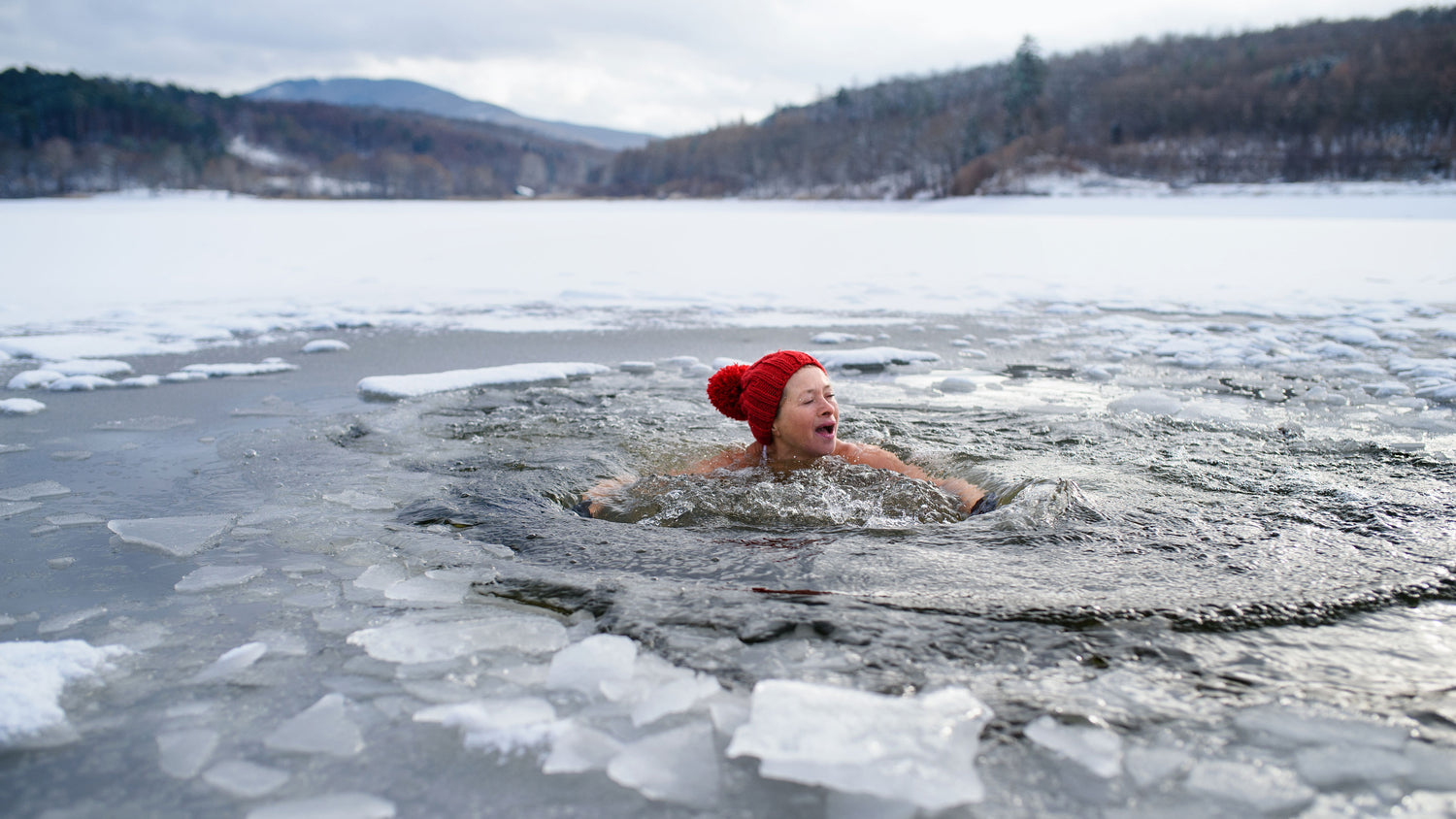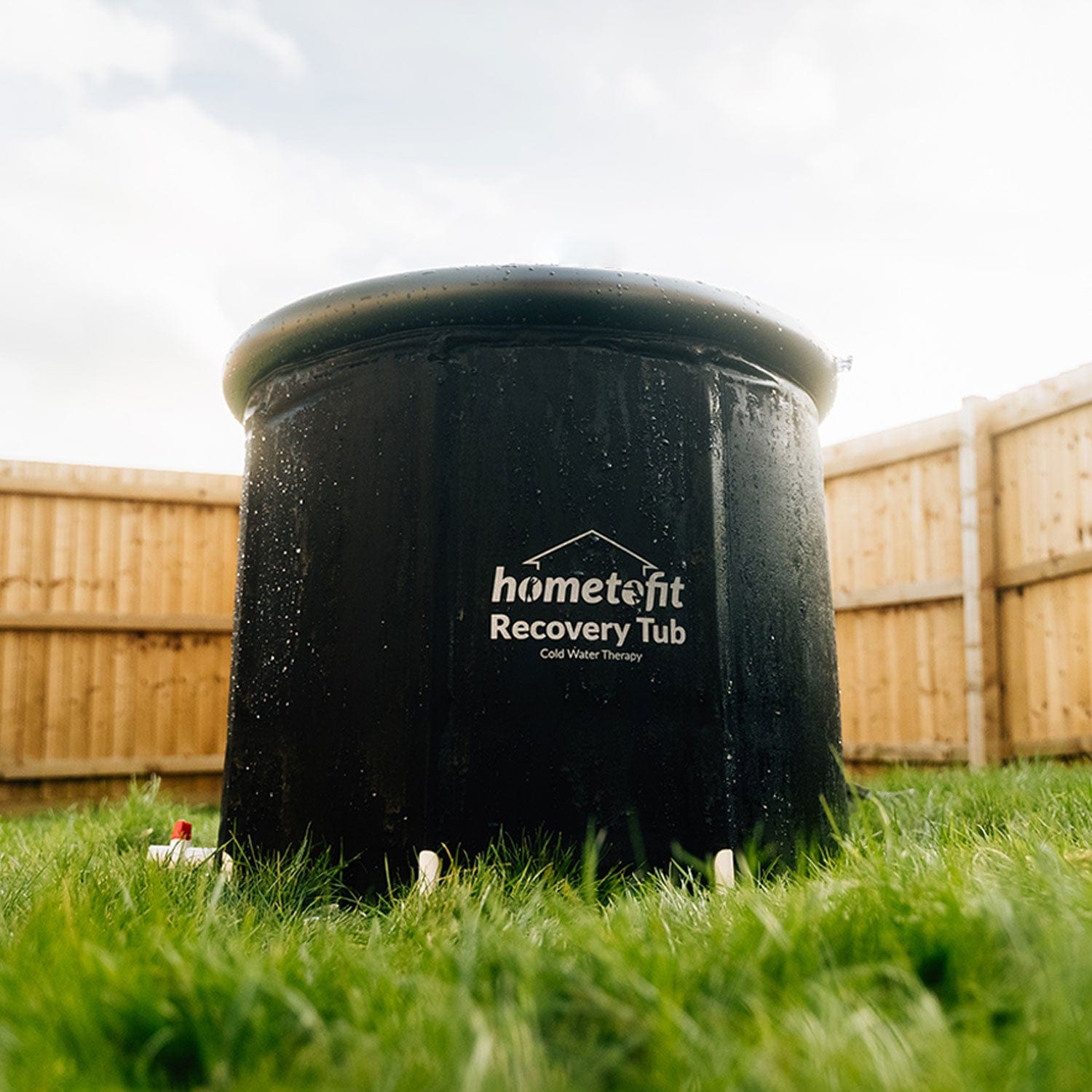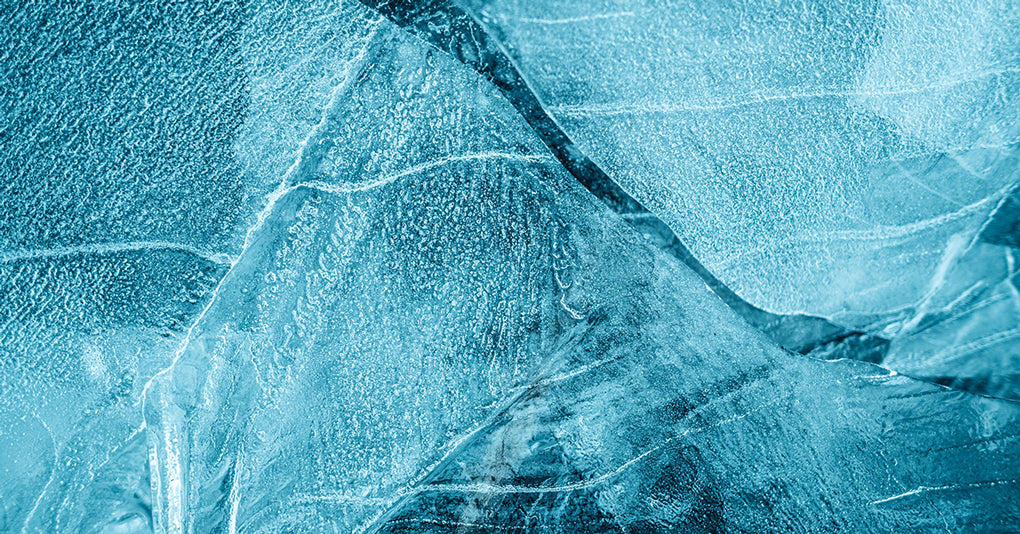Cold Water Therapy

What is cold water therapy?
Cold water therapy, also known as cryotherapy, is a form of therapy that involves immersing the body in cold water to promote physical and mental benefits. The practice of cold water therapy has been used for centuries and has recently gained popularity as a natural way to improve overall health and wellness.
The History
Throughout history, people have recognised the power of cold water, from ancient Roman baths to modern day cryotherapy chambers. Ancient cultures, such as the Greeks and Romans, made use of cold water therapy in their public bathhouses. They believed that cold water had healing properties and would use cold water pools and fountains to treat various ailments. In ancient Greece, Hippocrates, the father of medicine, recommended cold water therapy for treating a variety of conditions, including injuries and fever.
Anti-Inflammatory Relief
Cold therapy has been shown to be effective in reducing inflammation and soreness in muscles after intense exercise. A study published in the Journal of Athletic Training found that immersion in cold water after intense exercise resulted in a significant decrease in muscle soreness and inflammation compared to a control group who did not use cryotherapy. Another study published in the Journal of Sports Medicine and Physical Fitness found that cold water immersion was effective in reducing muscle damage and improving recovery after intense resistance training.
These studies and others demonstrate that cold water therapy can be an effective tool for athletes and fitness enthusiasts looking to speed up recovery and reduce muscle soreness after intense exercise.
Depression, Anxiety & Stress
Cold water therapy has been shown to have positive effects on mood and emotional well-being. Studies have found that exposure to cold water can increase the release of endorphins, which are natural pain-relieving and mood-elevating chemicals in the brain. A study published in the Journal of Environmental Psychology in 2017 found that immersion in cold water can lead to increased feelings of vitality and positive emotions, and reduce symptoms of depression and anxiety. Furthermore, Cold water immersion has been found to increase the levels of dopamine, a neurotransmitter known to be involved in motivation, pleasure, and reward-related behaviors.
A study published in the Journal of Physiology in 2018 found that cold water immersion led to an increase in dopamine levels in the brain, which may contribute to the improved mood and emotional well-being reported by participants. These studies suggest that cold water therapy can have a positive effect on mental health and emotional well-being, and could be a useful tool for individuals looking to improve their mood.
Research
Journal of Athletic Training
The study in the Journal of Athletic Training that found immersion in cold water after intense exercise resulted in a significant decrease in muscle soreness and inflammation was published in 2005 and the title is "The Effect of Cold-Water Immersion on Delayed-Onset Muscle Soreness"
The study in the Journal of Sports Medicine and Physical Fitness that found that cold water immersion was effective in reducing muscle damage and improving recovery after intense resistance training was published in 2014 and the title is "The effects of cold-water immersion on muscle soreness and damage markers after intense resistance exercise".
Journal of Environmental Psychology
The study published in the Journal of Environmental Psychology in 2017 that found that immersion in cold water can lead to increased feelings of vitality and positive emotions, and reduce symptoms of depression and anxiety is title "Cold water immersion and positive emotions: a field study"
The study published in the Journal of Physiology in 2018 that found that cold water immersion led to an increase in dopamine levels in the brain is title "Cold water immersion increases dopamine in the brain: a preliminary study"
Misiak & Kiejna, 2012
Alzheimer’s disease, a common form of dementia, is believed to be caused by changes and impairment of the vascular system, oxidative stress, and inflammatory response within the brain. Whole body cryotherapy (cold-water immersion) provides anti-inflammatory and anti-oxidative effects and therefore may be a cost-effective preventative procedure for Alzheimer’s disease and potentially other forms of dementia.
Journal of Sports Medicine and Physical Fitness
The study "The effects of cold-water immersion on muscle soreness and damage markers after intense resistance exercise" published in 2014 in the Journal of Sports Medicine and Physical Fitness, aimed to investigate the effect of cold water immersion on muscle soreness and damage markers after intense resistance training.
The study found that cold water immersion was effective in reducing muscle damage and improving recovery after intense resistance training. The study participants who used cold water immersion had less muscle damage and soreness compared to the control group that did not use cryotherapy. Additionally, the study participants that used cold water immersion had a faster recovery of muscle strength.
These results suggest that cold water immersion may be an effective tool for reducing muscle soreness and promoting recovery after intense resistance training.
Journal of Science and Medicine in Sport
The study "Whole-body cryotherapy in athletes: a review" published in 2017 in the Journal of Science and Medicine in Sport aimed to review the available evidence on the effectiveness of cold water immersion (whole-body cryotherapy) in athletes.
The study reviewed several studies on the effects of cold water immersion on recovery and performance in athletes. The study found that cold water immersion has been found to be beneficial for recovery after intense exercise. Cold water immersion has been found to reduce muscle soreness, inflammation and improve recovery time.
Additionally, the study found that cold water immersion has also been found to improve performance in some sports. It is suggested that cold water immersion may be a useful addition to the recovery and performance-enhancing strategies of athletes.


